Nutrition for fitness is very important for athletes and optimal sports nutrition for athletes is essential for their best performance. What you eat can impact your energy levels, recovery time, and overall performance. Knowing the right tips and tricks can help you get the most out of your diet. Below are ten key tips to help you maintain optimal sports nutrition and achieve your fitness goals.
10 Key Tips for Sports Nutrition
Maintaining good sports nutrition involves more than just eating healthy. It includes understanding what your body needs to perform well and recover quickly. By following these tips, you can ensure that you are fueling your body properly and enhancing your athletic performance. Consuming the correct foods is crucial.
- Balanced Diet
- Protein Intake
- Use of Nutritional Supplements
- Pre-Workout Nutrition
- Post-Workout Recovery
- Macronutrients
- Micronutrient Intake
- No Carbs
- Plan Meals
- Stay Hydrated
Start with a Balanced Diet

A balanced chart of good sports nutrition is the foundation. A range of foods, including whole grains, fruits, vegetables, lean proteins, and healthy fats, should be included in your meals. This will provide your body with the essential nutrients it needs to function correctly and support your athletic activities. Eating a mix of foods keeps you healthy.
Prioritize Protein Intake
Protein is crucial for muscle repair and growth. Athletes should aim to include a good source of protein in every meal. Foods like chicken, fish, eggs, beans, and nuts are excellent options. The recommended daily intake of protein for athletes is about 1.2 to 2.0 grams per kilogram of body weight. Protein helps build strong muscles.
Use Nutritional Supplements Wisely

Nutritional supplements can help fill any gaps in your diet, but they should not replace whole foods. Omega-3 fatty acids, multivitamins, and protein powders are common supplements used by athletes. Always choose high-quality supplements and consult a healthcare professional before starting any new supplement regimen. Sports nutrition supplements can help but are not a substitute for real food.
Optimize Pre-Workout Nutrition
Your performance is greatly impacted by what you eat before working out. A good pre-workout meal should include carbohydrates for energy, protein for muscle support, and a small amount of fat. Try eating a banana with peanut butter or a bowl of oatmeal with fruit about 1-2 hours before your workout. Eating before a workout gives you energy.
Focus on Post-Workout Recovery

After exercising, your body needs nutrients to recover. A good post-workout meal should include protein to repair muscles and carbohydrates to replenish energy stores. Chocolate milk, a protein shake with fruit, or a turkey sandwich on whole-grain bread are great post-workout snacks. Eating after a workout helps you recover faster.
Take necessary macronutrients
Macronutrients—carbohydrates, proteins, and fats—are essential for energy and recovery. Make sure your diet includes all three in appropriate amounts. Carbohydrates should make up about 50-60% of your total caloric intake, proteins around 15-20%, and fats 20-30%. All three macronutrients are important for your body.
Monitor Micronutrient Intake

Micronutrients like vitamins and minerals are vital for overall health and athletic performance. Key nutrients for athletes include iron, calcium, vitamin D, and magnesium. Make sure to eat a variety of nutrient-rich foods to meet your micronutrient needs. Vitamins and minerals keep your body functioning well.
Don't Skimp on Carbohydrates
Carbohydrates are the primary energy source for athletes. They help maintain blood sugar levels and provide the energy needed for high-intensity workouts. Include plenty of whole grains, fruits, and vegetables in your diet to ensure you are getting enough carbs for sports nutrition. Carbs give you the energy to perform well.
Plan and Prepare Meals Ahead
Planning and preparing your meals in advance can help you stick to a healthy diet. It ensures you have the right foods available and can prevent last-minute unhealthy food choices. Try meal prepping for the week on your day off to save time and stay on track with your nutrition goals. Planning meals helps you eat better.
Stay Hydrated
Hydration is crucial for athletes. Drinking water keeps your joints lubricated and helps control body temperature. Aim to drink at least 8-10 glasses of water a day, and more if you are sweating heavily during workouts. To stay hydrated during the day, always have a water bottle with you. Drinking enough water keeps you healthy.
Following these ten tips can help you maintain optimal sports nutrition and improve your athletic performance. Remember to start with a balanced diet, prioritize protein intake, use supplements wisely, and stay hydrated. By paying attention to your daily nutrition essentials, daily nutrition essentials, you can ensure your body gets the nutrients it needs to perform at its best. Eating well and staying hydrated is key to success in a sports nutrition diet.
FAQs
Q1) What are the nutritional needs of athletes?
Athletes need a balanced diet rich in carbohydrates, proteins, and fats to fuel their energy and support muscle growth and repair. They also require adequate vitamins, minerals, and hydration to maintain overall health and enhance performance.
Q2) Which is the best nutrition supplement?
The best nutrition supplement depends on individual needs, but common choices include protein powders, multivitamins, and omega-3 fatty acids. It's important to choose high-quality supplements and consult a healthcare professional before use.
Q3) What is an ideal sports nutrition diet?
An ideal sports nutrition diet includes a balance of carbohydrates, proteins, and fats, along with plenty of fruits and vegetables for vitamins and minerals. It should also include adequate hydration and be tailored to the athlete's specific training and performance needs.
Q4) What is the role of micronutrients in sports nutrition?
Micronutrients, such as vitamins and minerals, are crucial for overall health, energy production, and muscle function. They help with recovery, reduce the risk of injury, and support immune function, which is essential for athletes to perform at their best.

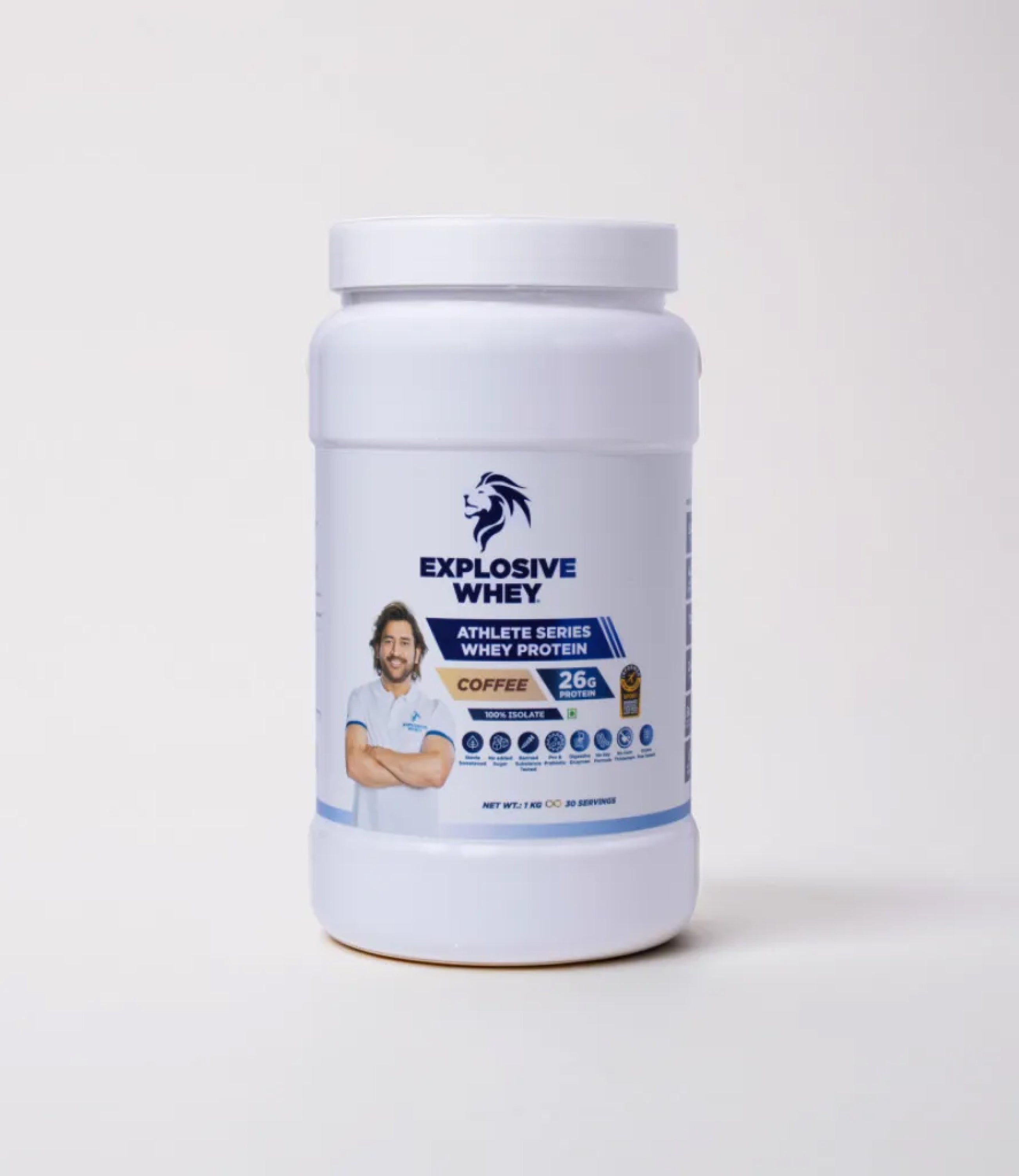

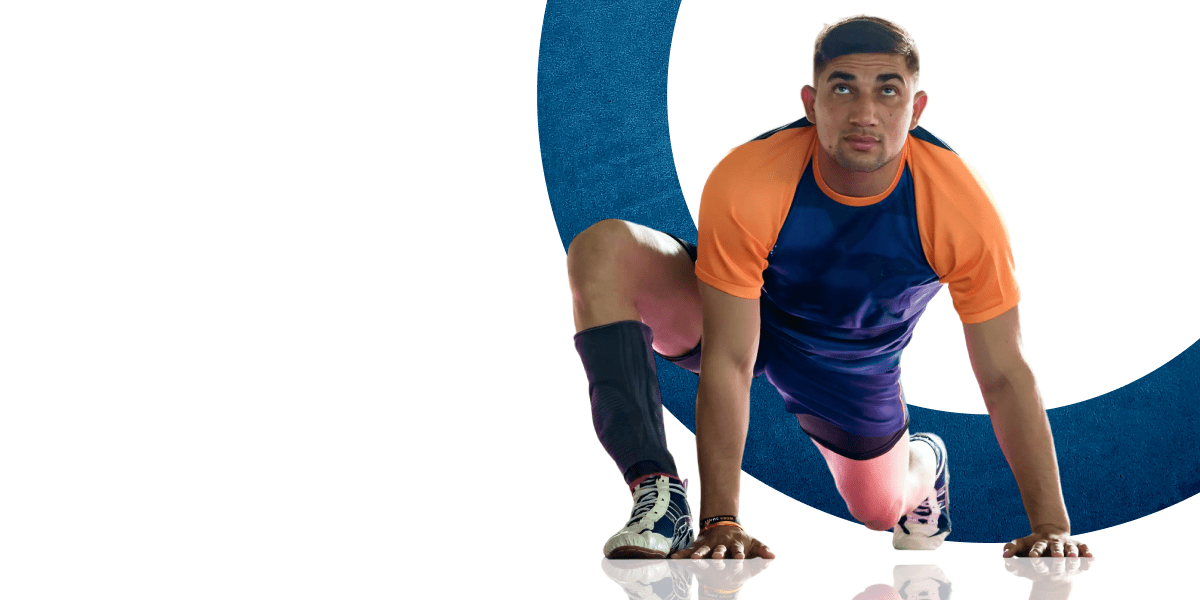
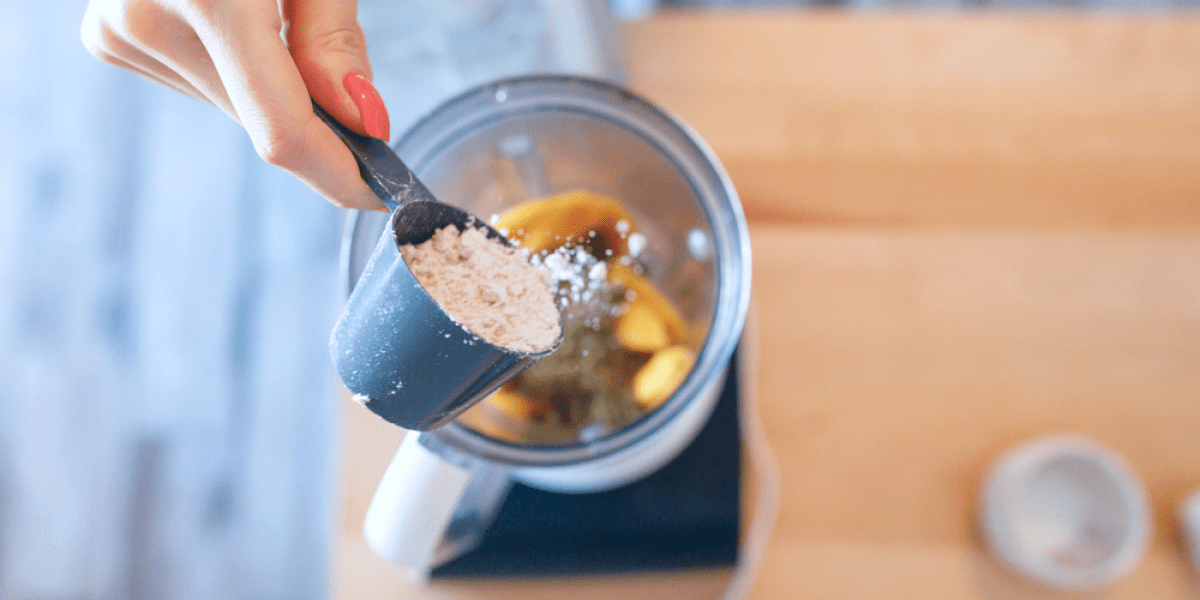
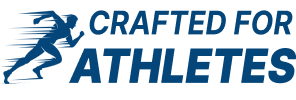
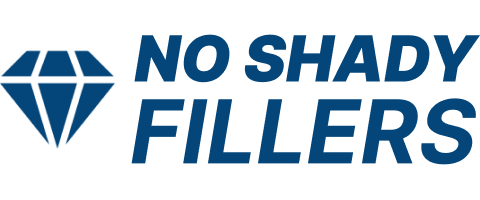

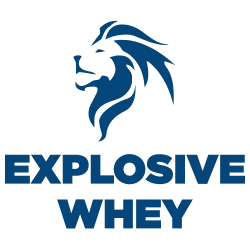
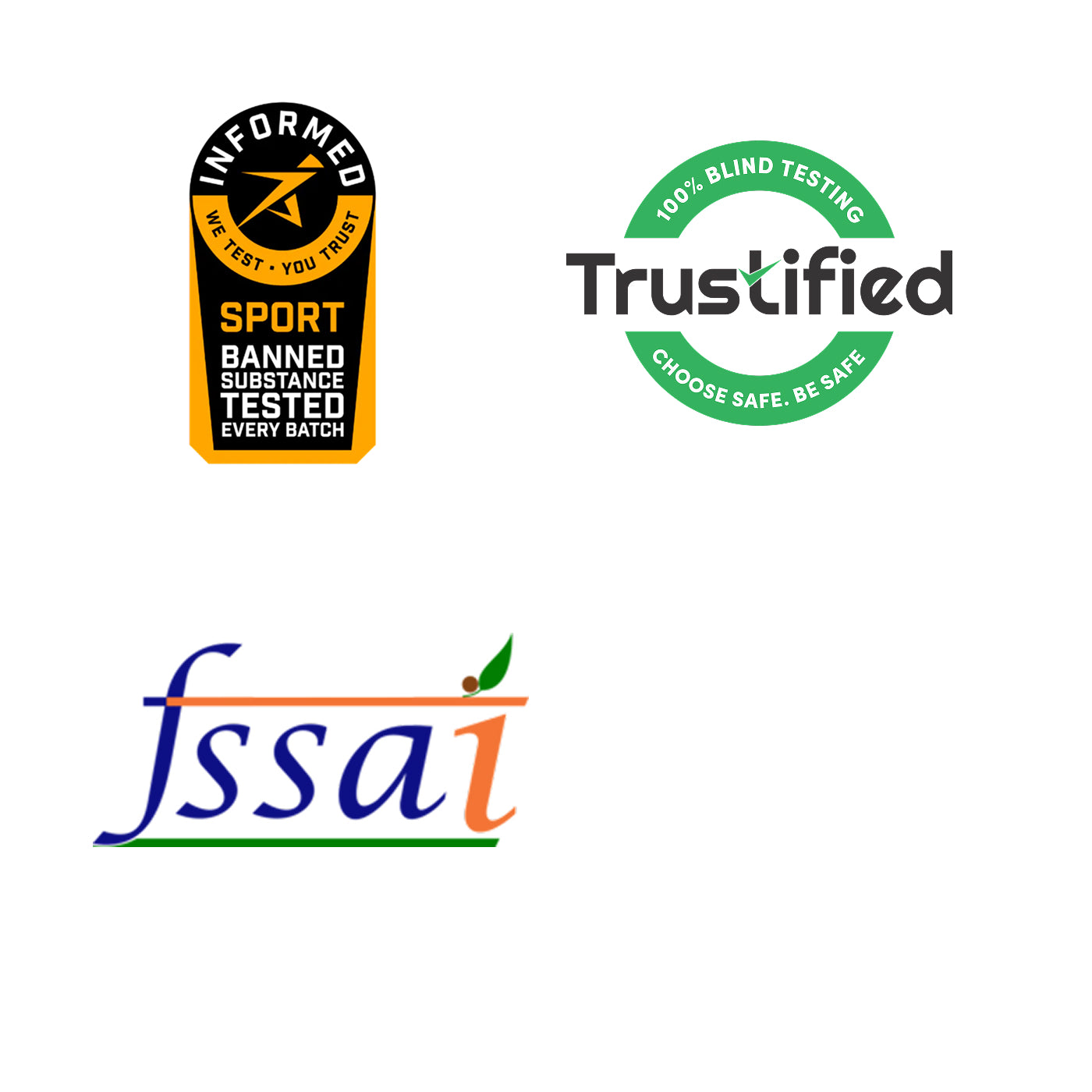
Leave a comment
This site is protected by hCaptcha and the hCaptcha Privacy Policy and Terms of Service apply.